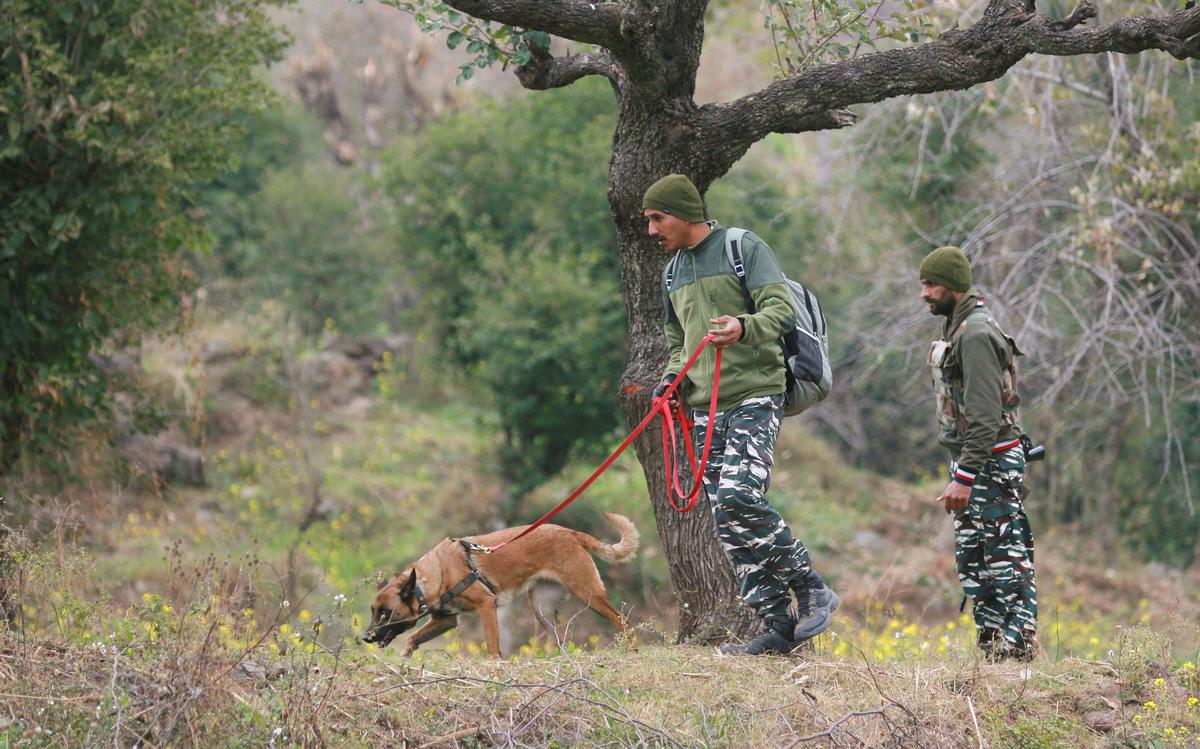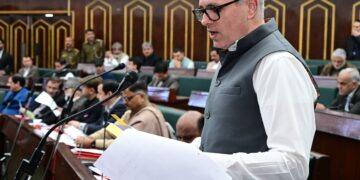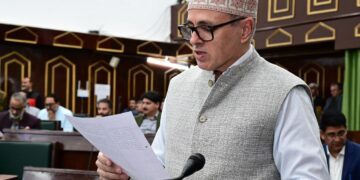Awantipora: The Islamic University of Science and Technology (IUST) hosted a landmark event focused on academia-industry collaboration, aimed at deliberating on the evolving tourism apprenticeship model in Jammu and Kashmir.
The occasion marked the official launch of a Bachelor of Vocation (B.Voc) course in Tourism and Hospitality Management, to be offered by the Department of Management Studies, IUST.
Aligned with the National Education Policy (NEP) 2020, the program is rooted in an apprenticeship-based learning model designed to bridge the gap between academic knowledge and industry demands.
The newly launched course is uniquely structured to provide students with hands-on experience, real-world exposure, and language proficiency—equipping them for improved employability and entrepreneurial opportunities in the tourism sector.
The event witnessed participation from a diverse group of stakeholders, including tourism professionals, hoteliers, travel operators, academic leaders, skill trainers, and policymakers. Key university officials such as the Dean of Academic Affairs, Director CIED, Director DIQA, and the Finance Officer were also in attendance. Industry bodies including PHDCCI J&K, KCCI, CII-J&K, and J&K Hajj and Umrah Services extended their support, along with prominent personalities like Dr. G. N. Itoo, Director School Education and former Director Tourism.
Vice Chancellor IUST, Prof. Shakil A. Romshoo, while speaking on the occasion, emphasized that tourism is a vital sector in Jammu and Kashmir’s economy. “This initiative demonstrates IUST’s commitment to producing industry-ready graduates by integrating academic rigor with practical training in line with NEP 2020,” he remarked.
Dr. G. N. Itoo lauded the university’s efforts, stating: “The introduction of an apprenticeship-based B.Voc program in Tourism and Hospitality is a timely and strategic move that will nurture the skilled professionals and entrepreneurs needed for the sector’s sustainable growth.”
Industry leaders present at the event welcomed the program, emphasizing the urgent need for such collaborative academic interventions to enhance the quality of manpower and services in the tourism industry.





